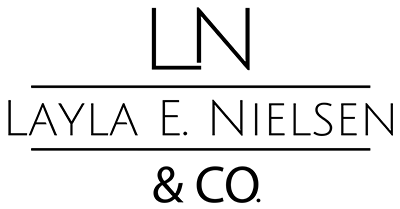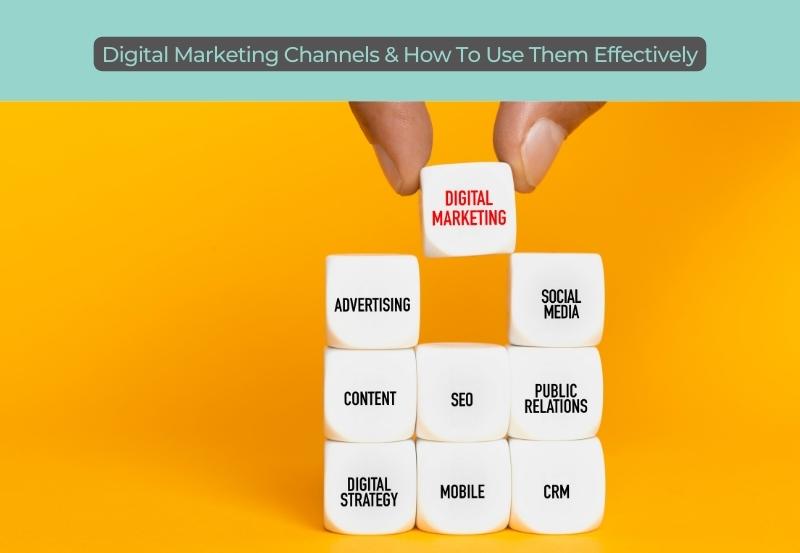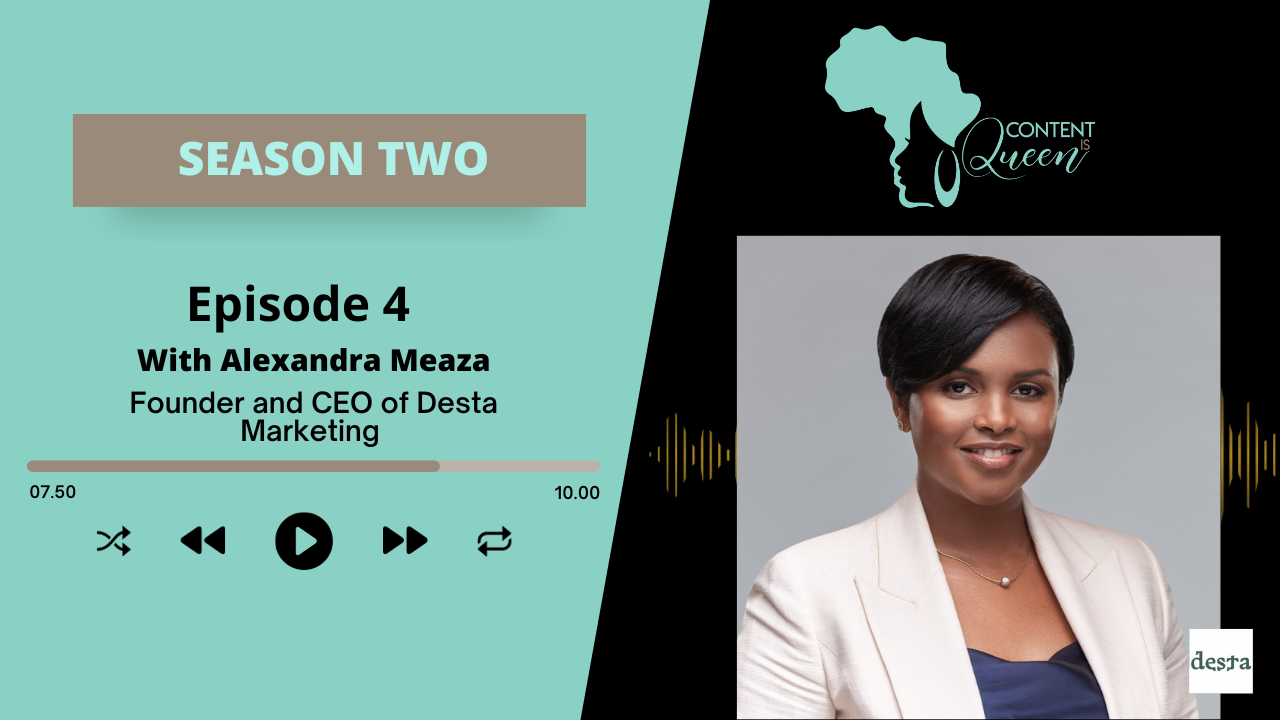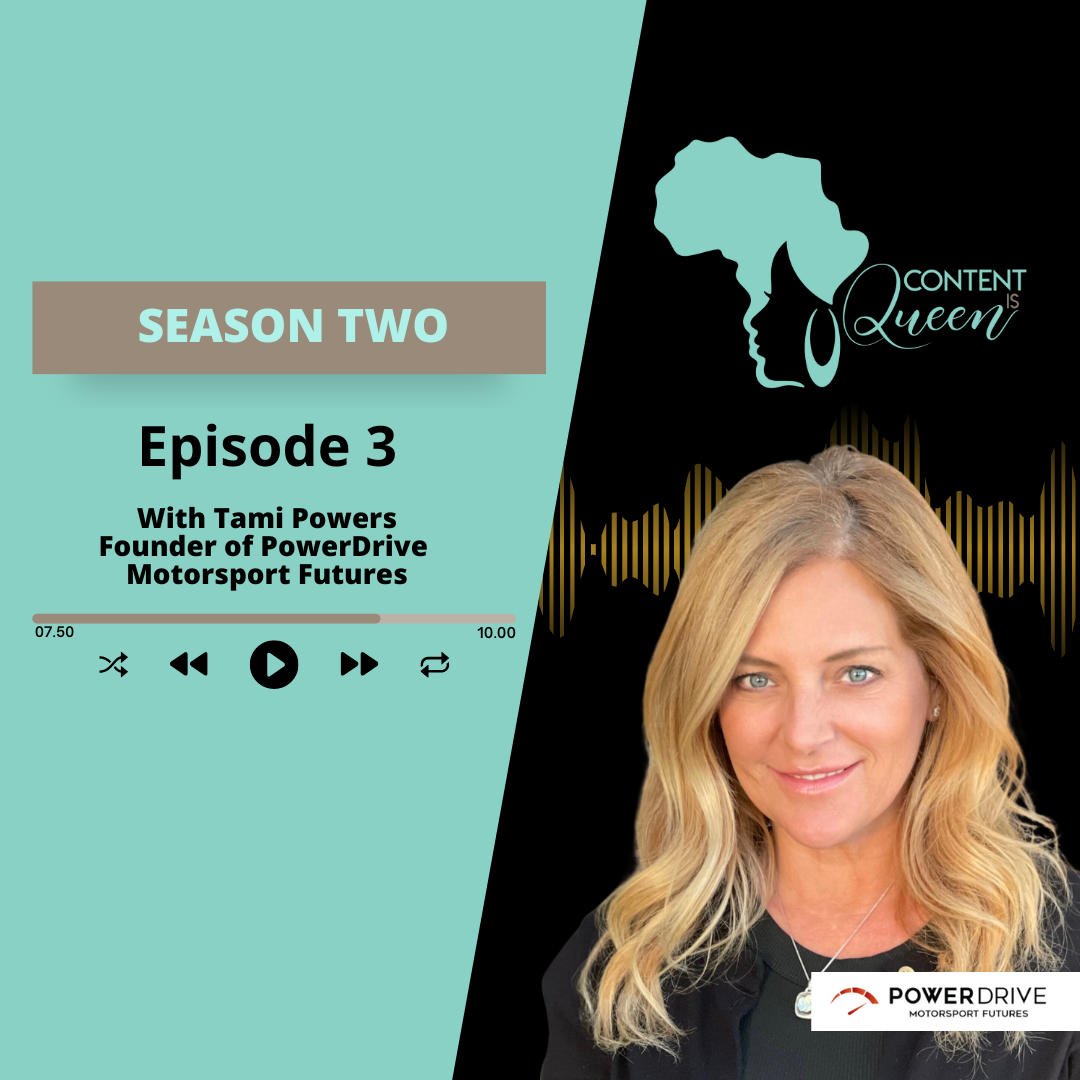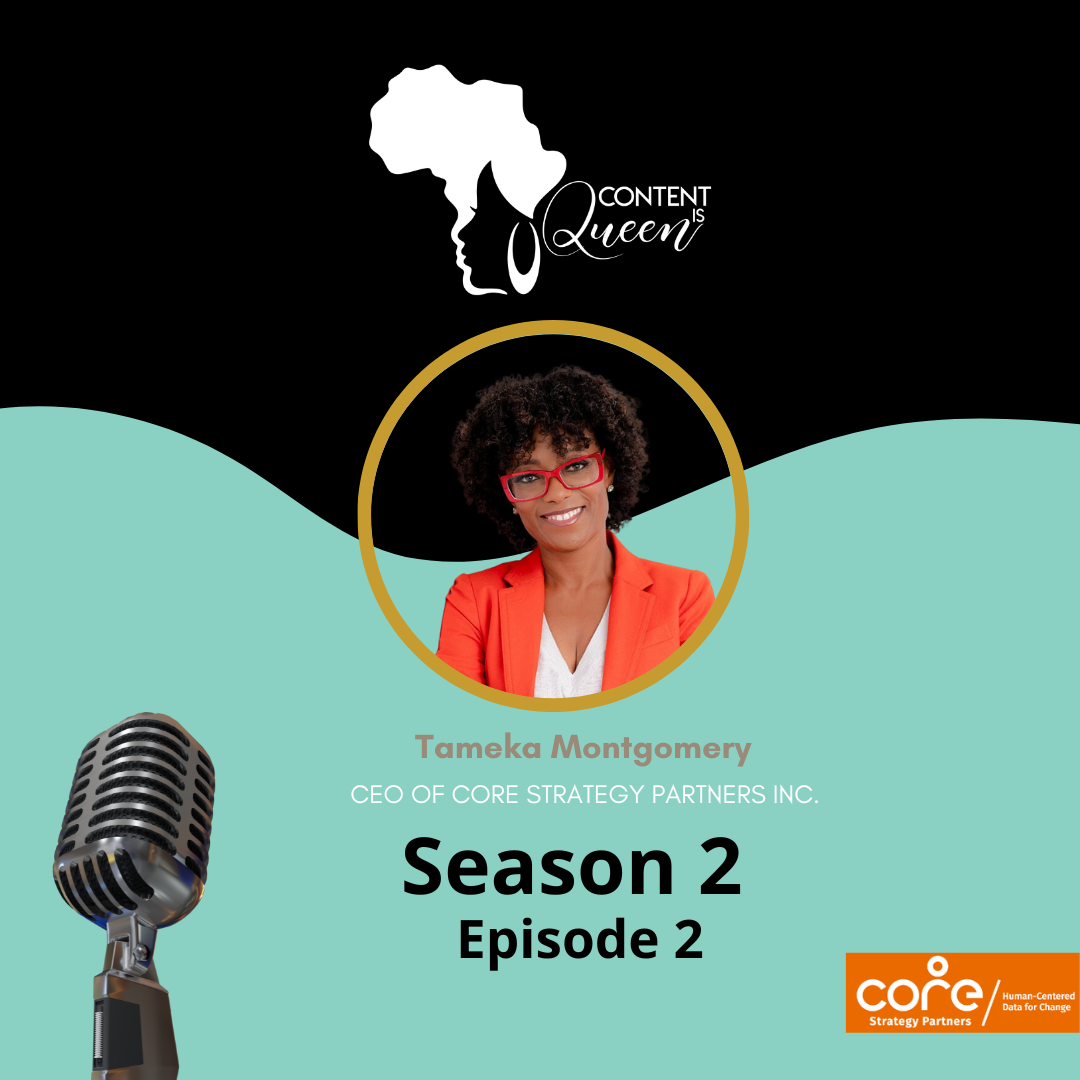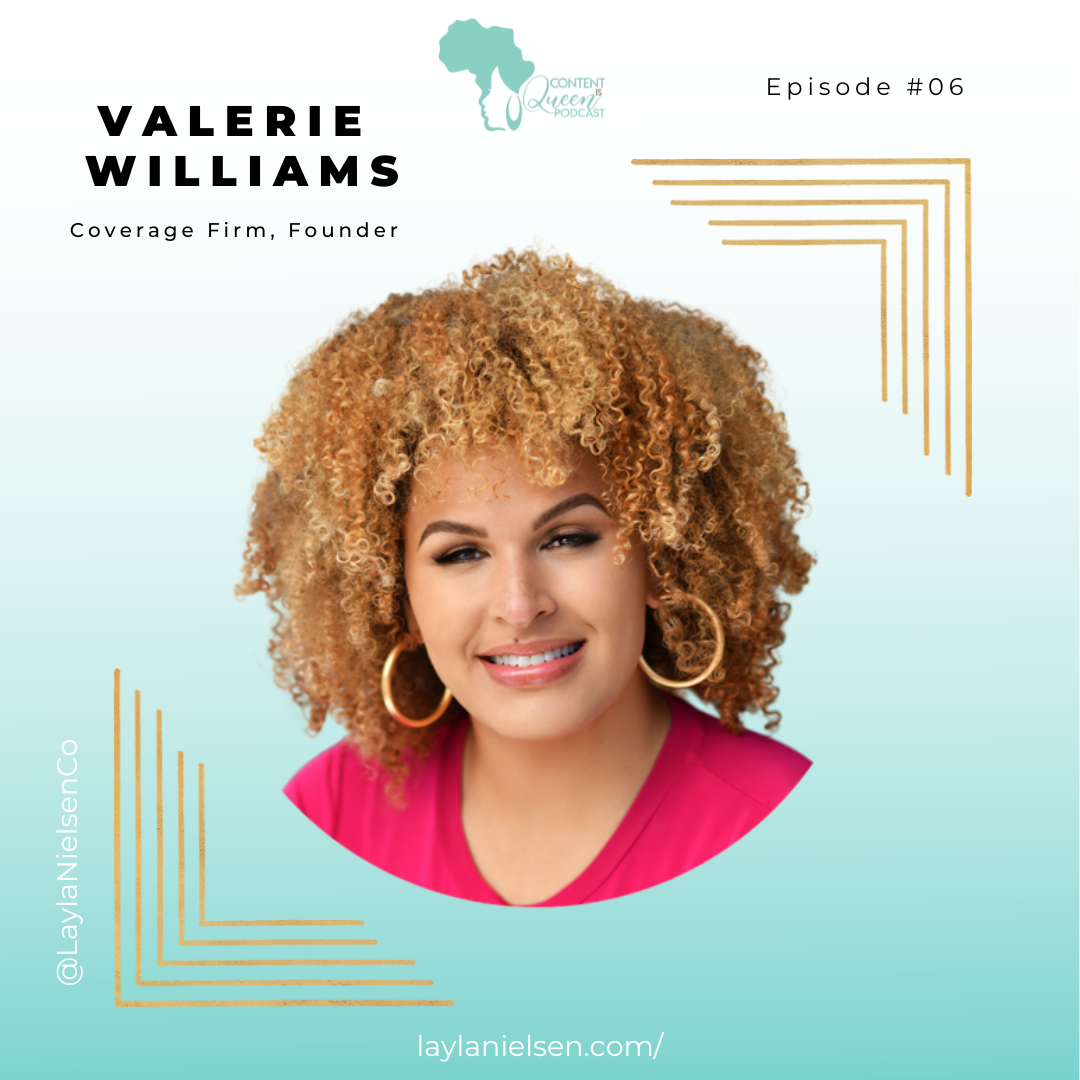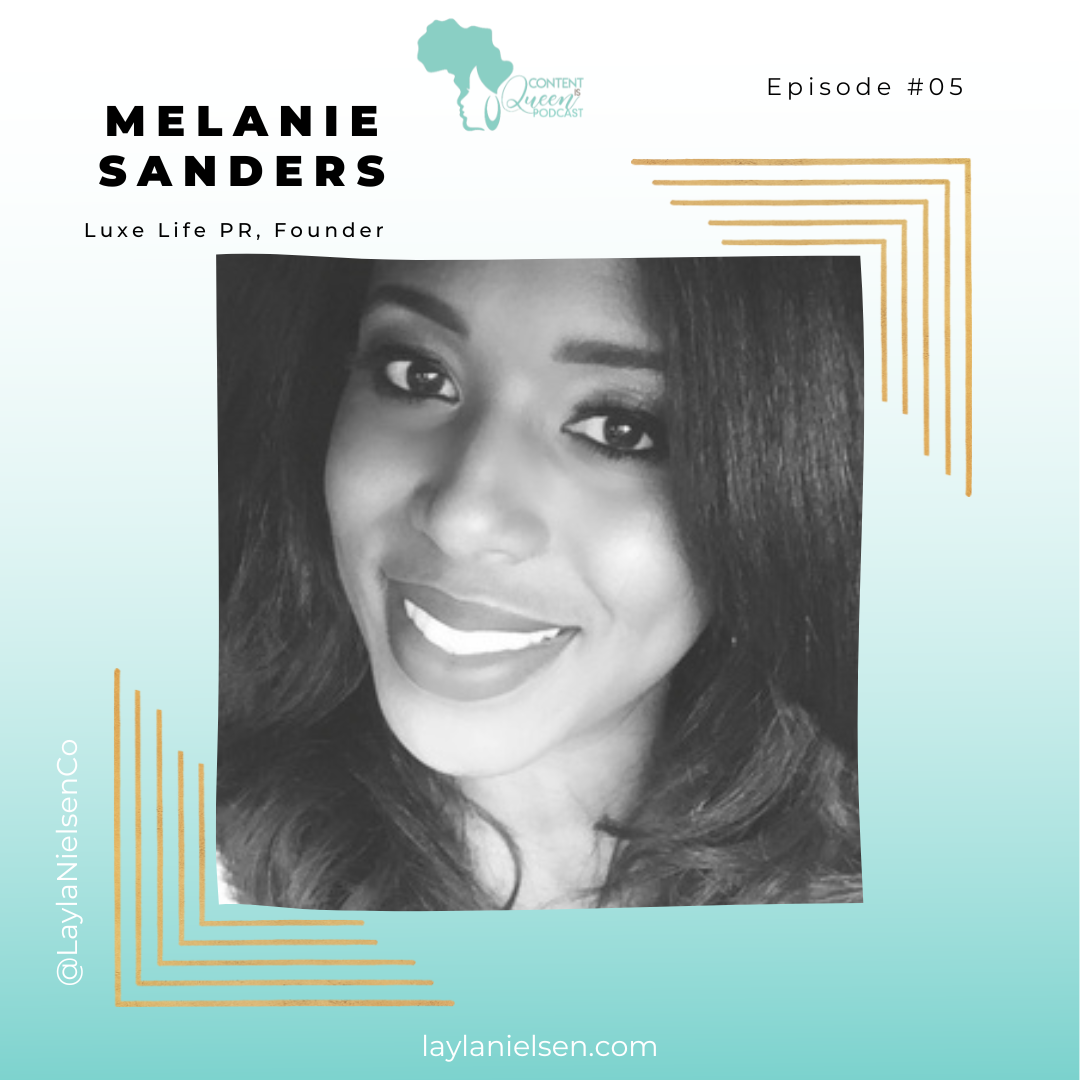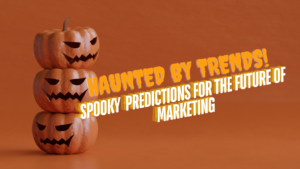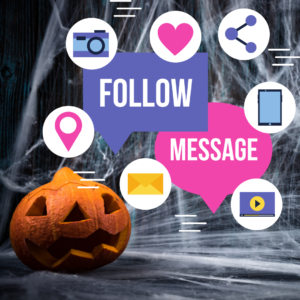As the name states, digital marketing channels are channels where we execute a digital marketing strategy. There are four main channels in digital marketing: social media, organic search, digital advertising, and affiliations.
These channels are crucial. Any business on earth, from SMEs to Fortune500 companies, can use and immediately start to benefit. In most cases, these four channels are interlinked. That means they work the best when combined.
You could think of these as medications. Most doctors prescribe a combination of drugs to solve a complex medical problem. Marketing is not so different. We are trying to solve complex problems. Besides, competition is an added pressure in marketing.
We tackle these marketing challenges by using a combination of digital marketing channels. A good mix of marketing channels is often called multi-channel or omnichannel marketing.
Digital Marketing Channels Explained for an Effective Business Growth
Learning digital marketing channels might be handy if you are a business owner or a marketer. After using these channels for a while, you will be able to allocate appropriate budgets and workforce for each channel. That means you can start doing marketing in a much more efficient and budget-friendly way.
Are you ready to take a deeper dive into the digital marketing channels? If so, let’s go through each channel and explain how to use them effectively.
1- Social Media
We start with social media because it’s an owned digital marketing channel. That means you have complete control over your channel. Moreover, you can begin creating social media content in an instance, hit the post button, and start getting attention from your target audience. For most businesses, it’s an excellent place to start.
A social media expert can often determine which social media channel suits a company best. As a rule, picking up one social media and pushing the limits is a good strategy. Let’s face it, our time and sources are more limited than ever. Resizing and sharing a social media post on different social accounts won’t work. If you are not experienced, start working on a few other social channels and decide later which one brings you the most value.
Most potential buyers will look into your social media to get a better picture of your company, products, or services, so kick off your social media first and build a brand presence. Social media also helps with organic search rankings as social signals are still a ranking factor in search engines. You can also use most of your social media posts in your digital advertising to raise brand awareness.
Social media has its routines, such as posting, answering comments, and messages. On the other hand, there is proactive social media management, where you hunt for relevant content or people and directly engage with them. This is usually where the magic happens, as most companies will never pursue this type of social media strategy.
2- Organic Search
If you have a business website (we hope you do), search engines such as Google will start ranking you on its search results. Google has a complex algorithm, and there are over 100 ranking factors in modern SEO, but at its core, SEO doesn’t have to be that complex.
There are on-page and off-page factors that help us rank on search engines. Page titles, keywords, meta descriptions, and proper headings are on-page factors. But what’s often neglected is the content uniqueness. If your content is unique and your visitors show some love by staying on the page, your page or post will eventually rank in search engines.
Support that with a couple of genuine backlinks, and you are good to go. You need more backlinks if your niche is highly competitive. When another domain links to you, we call that a backlink. Organic search work is like farming; you do the work today and get the benefit in the mid or long run. So you have to start an SEO project as soon as possible since the results will be slightly delayed compared to other digital marketing channels.
3- Digital Advertising
For SEO, we gave the farming example. If organic search work is like farming, digital advertising is like hunting. What does that mean? Well, if you want instant results, digital ads can allow you to get them. Especially for e-commerce or consumer goods businesses. Because today, it’s dead simple to set up an e-commerce store, connect it to social media, run ads, and start selling. In fact, you might be able to sell stuff on day one.
For established businesses, though, we use digital advertising in a more sophisticated way. We use layers such as brand awareness, engagement, conversion, and remarketing. Each layer refers to a different step in the buyer’s journey. That means some of our ads might attract a stranger, whereas others can help us sell our products to our current customers.
When discussing digital advertising, we have to mention two main types of advertising. The first one is keyword-based ads which are also called PPC. Google search ads are the perfect example where we choose a keyword, and someone searching for the term clicks on them. These are reactive ads as the ads are shown only when people search for the specified keyword.
The second type of ad is somewhat proactive, primarily social media ads. Ads in social media are often called paid social. In this scenario, we choose a target group by location, demographics, or interest and proactively show them ads. If someone is interested, they can take action. Paid social allows marketers to laser target their prospects by using what we call pixels.
We place these small pieces of java scripts on our website. They collect visitor data and send it back to the ad platform. We can use this data to create more audiences, such as lookalike audiences in Meta or similar audiences in Google. How impressive is that?
4- Affiliation & Partnerships
In the online world, certain people and entities are specifically there to promote other people or businesses. They are often called influencers. Their main job is to promote others to make a living. So this channel could be full of surprises, especially if you can find a couple of good micro-influencers.
Micro-influencers are the promoters in a specific niche such as fitness, fashion, or fishing. It’s easy to find them as well. Just doing quick hashtag research on Instagram, you might be able to make a small list of influencers. As micro-influencers are not celebrities, it’s also super easy to contact them directly.
Can you think of a better product launch? Just find your micro-influencers, send your product samples and let them promote you. Is there a better digital marketing channel in an early phase business?
Some experts break it down even more and add channels such as e-mail, PPC, influencers, and websites. But in reality, these are not channels but tools. Sometimes digital marketers use channels and tools interchangeably, and that’s alright.
Do you want to get your digital marketing channel mix right? Contact Layla Nielsen & Co to discuss the best for your business today!
